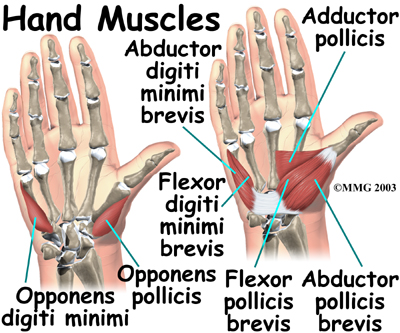Journalist’s should support Sherrod’s suit
Isn’t it logical that if a group enjoys a privilege that they would self-police themselves to a great deal to protect that right? Shouldn’t a group of journalists being extremely hard on one of their own that pontificates opinion as being fact and deliberately distorts the facts of their investigation to imply something significantly different?
I think this is logical. By challenging the journalists that hurt the Freedom of Press right or cause it to be abused, the journalists of the world are self-policing themselves. They are saying that with a Right comes a Responsibility. Abuse of the responsibility for fair reporting risks the rights of all journalists and, by extension, the rights of all US citizens.
Evidently, James Taranto of the Wall Street Journal doesn’t agree with me (unless I am misunderstanding his argument). He recently wrote in his daily column that Ms. Shirley Sherrod was planning on suing Mr. Andrew Breitbart due to his highly edited video of her. This video ultimately forced her to be fired from her government job and she is upset about that. In my opinion, she should be upset. I think that Mr. Taranto even thinks she has the right to be upset. What he is arguing is that she may not want to sue (I don’t have an opinion on that) and that the journalists that heard her speak of the suit shouldn’t be encouraging her.
I disagree with Mr. Taranto’s opinion. While I read his column daily and agree with a large portion of what he writes, his statements here are incorrect, in my opinion. Journalists should be the first to condemn Breitbart – not the last. While I am just a simple blogger, I hereby condemn Mr. Breitbart for publishing a video that intentionally leads a viewer to an knowingly incorrect conclusion. If Mr. Breitbart would have stated that this video was only his opinion and not the actual facts of the full length video, I would feel differently.
I am not sure if Mr. Taranto’s column is externally exposed for all to read so here are the paragraphs that I have issue with.
But one aspect of this story strikes us as passing strange: The venue in which she issued this threat was a convention of journalists. What’s more, someone who was there tells us that when she said she planned to sue, the audience applauded. Our source was careful to note that there were nonjournalists in the audience too (PR men and corporate sponsors). Still, we have to ask: What kind of journalist would applaud the threat of a defamation lawsuit?
Journalists have an institutional interest in maximizing the scope of First Amendment protections, and that means keeping it as hard as possible for plaintiffs to sue for defamation. Even meritless defamation suits against journalists and news organizations are a nuisance. Thus one would expect journalists to have a general antipathy to the idea of defamation lawsuits, even when sympathetic to a particular prospective plaintiff.
We have noted that Breitbart is not a traditional journalist, and it follows from this that he has no special claim on the sympathy of those who are. Our point, however, is that the interests of defamation plaintiffs run counter to those of journalists, regardless of whether the defendants are journalists or are doing journalism.
New York Times v. Sullivan is itself a case in point. Although the defendant was a newspaper, the published material at issue was not news but a political ad–an open letter from the Committee to Defend Martin Luther King and the Struggle for Freedom in the South, which criticized officials in Jim Crow-era Alabama for their treatment of civil rights demonstrators.
Journalists depend more on the First Amendment than just about anyone else, but we more than anyone should be cognizant that the protections we enjoy as we do our work apply to everyone, including civil rights advocates–and Andrew Breitbart.
